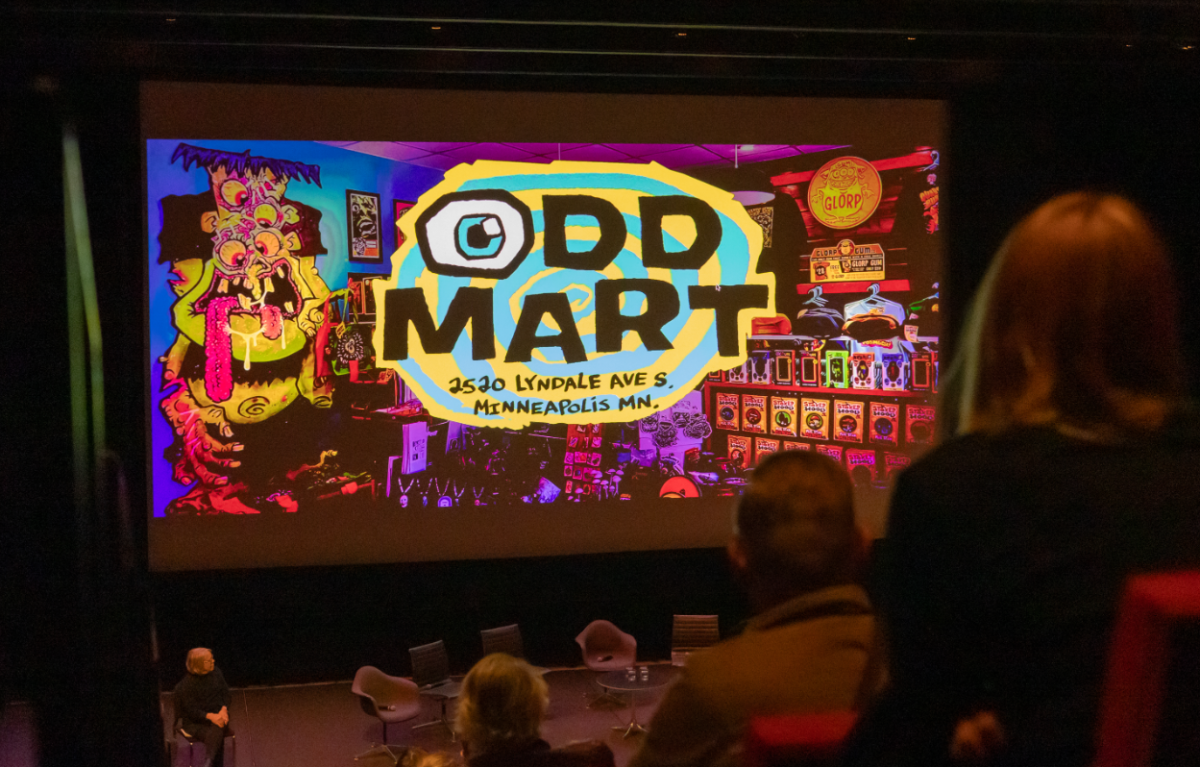Oh, the sordid world behind the scenes of the music business.
There’s backstabbing, catty behavior and sex jokes.
Sounds just like high school.
Tom Matthews’ novel, “Like We Care,” is a satirical look at the industry that has, for better or worse, promoted artists who seem to add to the degradation of society.
If “degradation of society” includes the work of those who somehow make millions even if they can’t sing a single note on pitch, that is.
Two high school seniors mount a protest against a local convenience store that erupts into a nationwide, televised event and soon drives deep into the heart of the music beast. The pair had been best friends until middle school, when one went down the blessed path of sports and the other was resigned to schoolwork. Reunited in revolution, the two manage to look beyond the rift they’d created in search of a common goal.
“Like We Care” has the controversial artist who sells more albums with every obscenity he screams, the corporate executives who screw over the people who actually come up with the brilliant ideas it takes to sell these records and the oh-so-eloquent language of high-schoolers.
Matthews takes an unforgiving stance against our supposedly materialistic generation, a generation bred on music videos and expensive clothes. This generation, he says, has pockets full of mommy and daddy’s money just waiting to be spent on anything the man behind the curtain deems worthy of such a crowd.
Oh, the lure of corporate disobedience. Down with the industries, down with the designers and down with the rich bastards behind it all. Matthews’ message of corporate disobedience is inspiring, even if it’s highly improbable.
Unfortunately, true corporate disobedience also seems to mean complete independence. Those in favor of corporate disobedience argue that we peons of the system must not support the corporations that supply us with cars, energy, food and entertainment. With an attitude like that, we’d probably have to go back to the good ol’ days and grow our own food and sew our own clothes to totally disobey corporations.
Come to think of it, if we can get away from the likes of Ashlee Simpson and William Hung, not to mention the rappers whose subject matter seems limited to “hos” and gunning people down, that’s not a bad idea.
“Like We Care” ignores the pop industry altogether, because that must seem like a lost cause, and trains its sights on rap instead.
The book isn’t a handbook for corporate disobedience. It’s a story of trust, love, heartbreak, breaking stereotypes and striving for change.
Despite the genuinely good-natured aspects of the storyline, Matthews bemoans the idea that “everything that used to be innocent had been bastardized and perverted to conform to a world that was certainly rocketing straight to hell.”
It looks as though this world won’t go to hell in a handbasket. It’ll be in a CD player.







